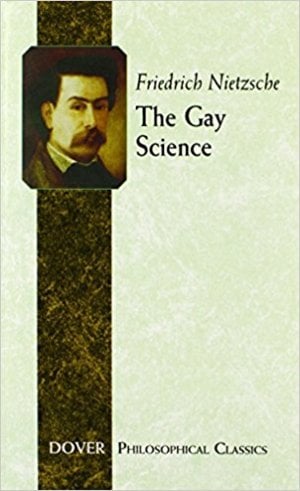
The Element of Moral Scepticism in Christianity Friedrich Nietzsche
На этой странице вы найдете полный текст песни "The Element of Moral Scepticism in Christianity" от Friedrich Nietzsche. Lyrxo предлагает вам самый полный и точный текст этой композиции без лишних отвлекающих факторов. Узнайте все куплеты и припев, чтобы лучше понять любимую песню и насладиться ею в полной мере. Идеально для фанатов и всех, кто ценит качественную музыку.

Christianity also has made a great contribution to enlightenment, and has taught moral scepticism in a very impressive and effective manner, accusing and embittering, but with untiring patience and subtlety; it destroyed in every individual the belief in his virtues: it made the great virtuous ones, of whom antiquity had no lack, vanish for ever from the earth, those popular men, who, in the belief in their perfection, walked about with the dignity of a hero of the bull-fight. When, trained in this Christian school of scepticism, we now read the moral books of the ancients, for example those of Seneca and Epictetus, we feel a pleasurable superiority, and are full of secret insight and penetration, it seems to us as if a child talked before an old man, or a pretty, gushing girl before La Rochefoucauld: we know better what virtue is! After all, however, we have applied the same scepticism to all religious states and processes, such as sin, repentance, grace, sanctification, etc. , and have allowed the worm to burrow so well, that we have now the same feeling of subtle superiority and insight even in reading all Christian books: we know also the religious feelings better! And it is time to know them well and describe them well, for the pious ones of the old belief die out also; let us save their likeness and type, at least for the sake of knowledge.
Комментарии (0)
Минимальная длина комментария — 50 символов.












